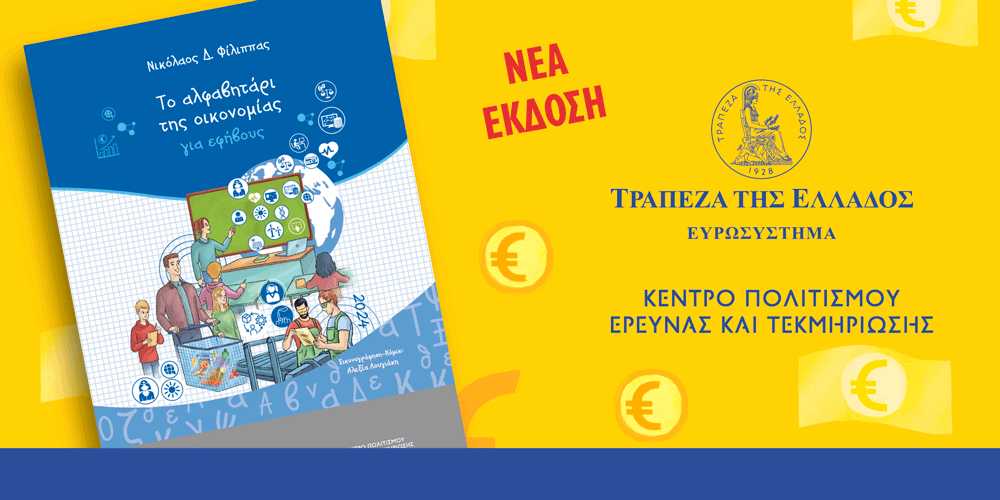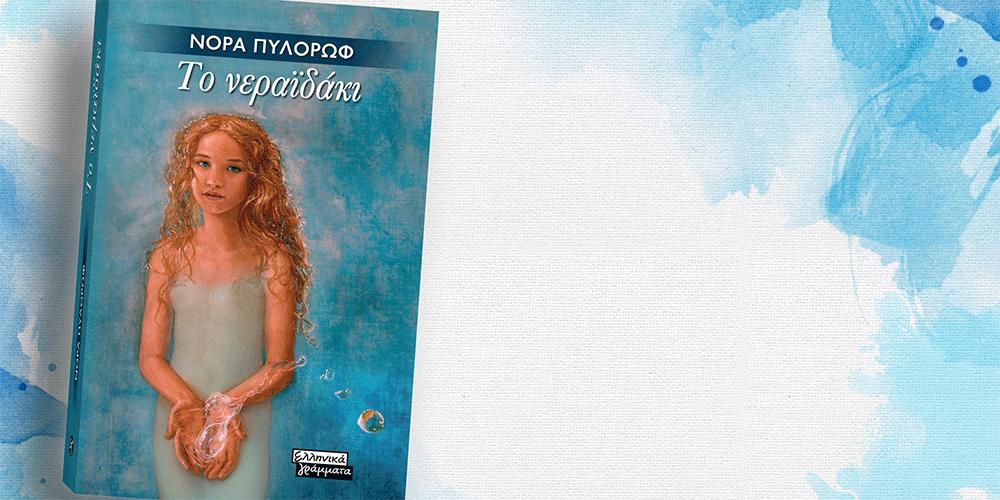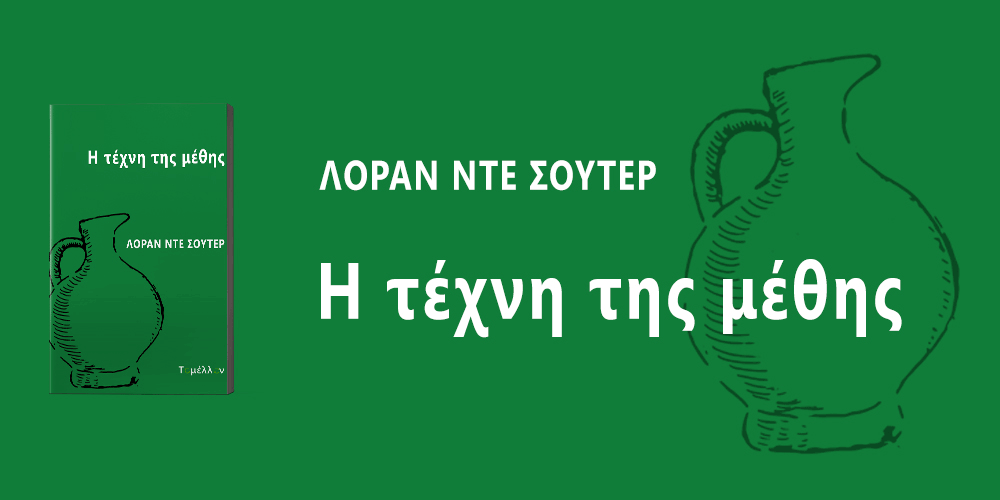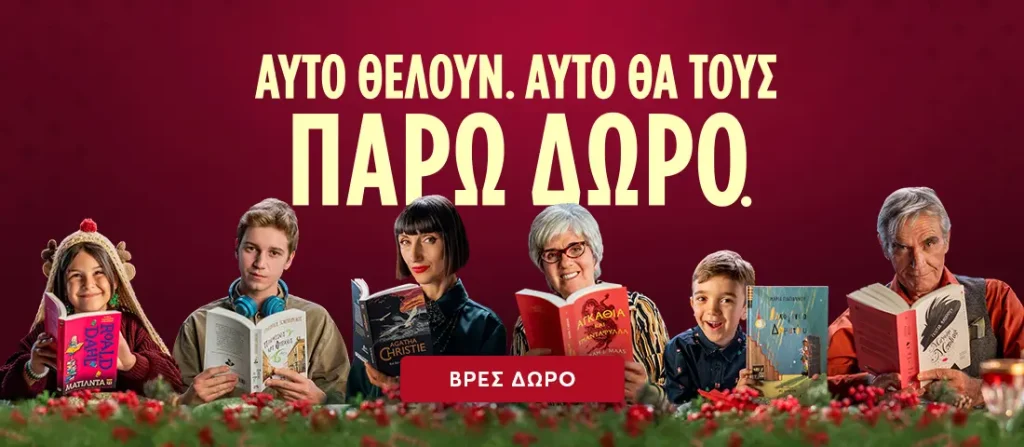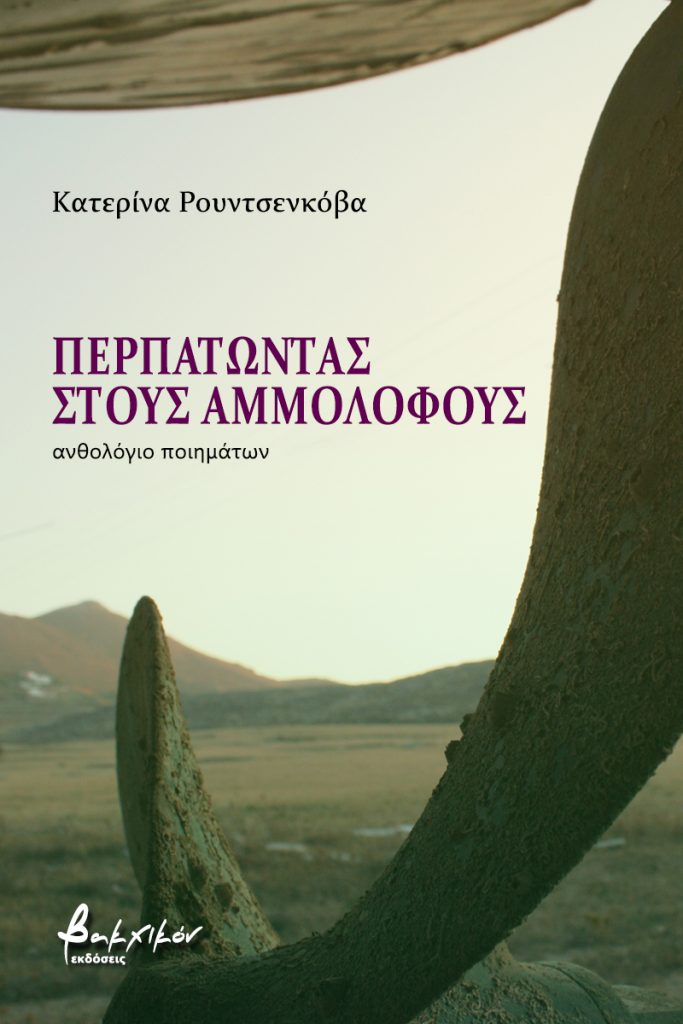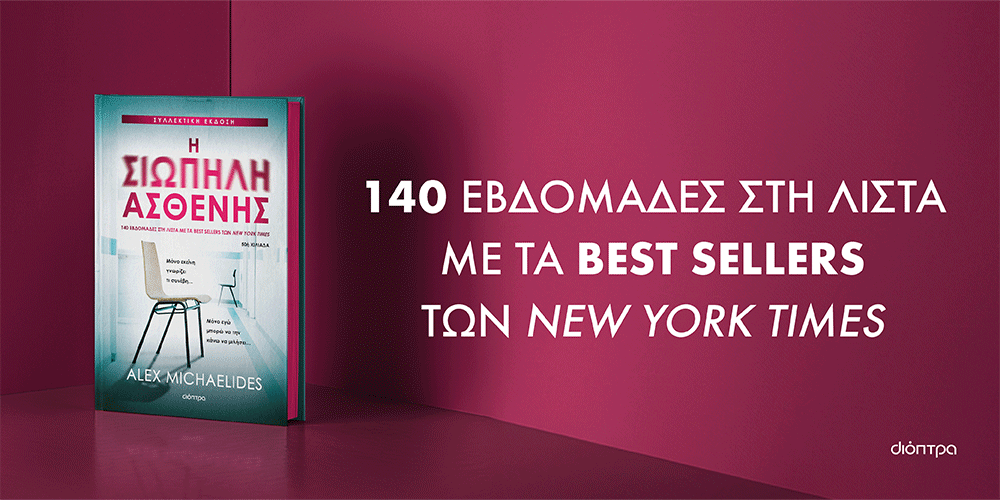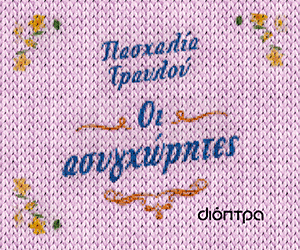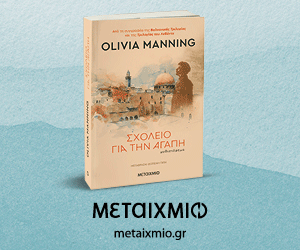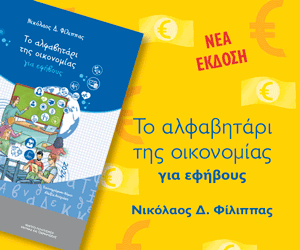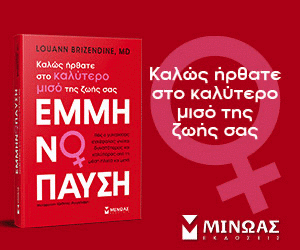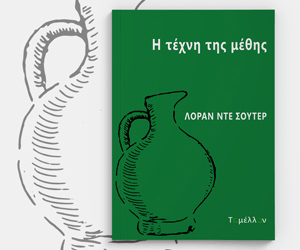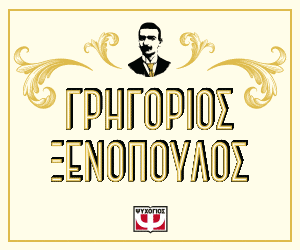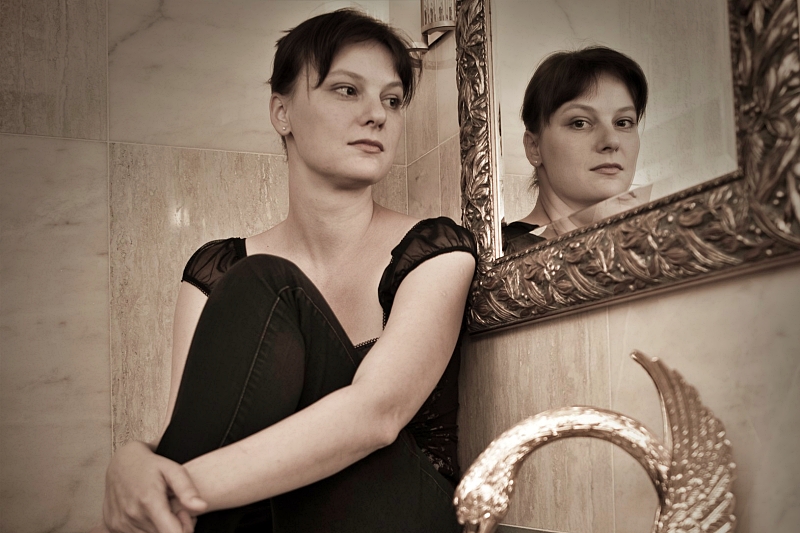
***Απαγορεύεται από το δίκαιο της Πνευμ. Ιδιοκτησίας η καθ΄οιονδήποτε τρόπο παράνομη χρήση/ιδιοποίηση του παρόντος, με βαρύτατες αστικές και ποινικές κυρώσεις για τον παραβάτη***


The award-winning Czech poet and playwright Kateřina Rudčenková came in Athens, invited by Vakxikon.gr Media & Publishing Group (supported by the Czech Literary Center) for the 49th Book Fair in Zappeion, on the occasion of the publication of her book ”Walking on sand dunes” in Greek. An acclaimed writer, has been awarded the Hubert Burda Awards (2003) and Magnesia Litera (2014) for her poetry, as well as the Second Alfréd Radok Prize (2006) for her play. Her poems have been translated into many languages (English, German, Slovenian, Greek, French, etc.) and have been included in various international anthologies. We had the opportunity to talk with her about literature, the way one conceives of reality through poetry, the experiential and autobiographical element in her work and her future plans.
Her book presentation is scheduled for Monday 13th of September 2021, at 19:00, on Stage 1, during the 49th Book Fair in Zappeion
Tessy Baila, 09.09.2021
![]()
It is known that you started writing poetry from a very early age and your first collection was published when you were only 23 years old. Did you believe that poetry is the only way for you to express your feelings? Do you still hold the same opinion?
Poetry is not the only way to express myself. Since my youth I tried to write not only poetry, but also theatre plays and short stories, but I got the greatest response to my poems. For many years I devoted myself most to poetry, but later more to prose and theater. Each genre makes it possible to capture different aspects of human experience, different phenomena. Poetry is best for capturing the unnameable, undepictable, allowing the greatest immersion in existential themes.
Is poetry a way to understand the reality?
Poetry is a way to capture reality in its ambiguity, fleetingness, it is a way how to touch a lot of deep feelings and experiences, for me poetry also offers the greatest linguistic freedom of all genres.
In your award winning collection entitled Walking on Dunes you write about time and the blight procedure. About the erotic frustration and the human relationships and misunderstanding, using both realistic and romantic elements in very short stories that intensify the existential agony. What caused such an inspiration?
Such an inspiration was caused by my life and its experience, a strong perception of the passing of time and how time leaves its marks on our lives, it is one of my main themes … I mostly wrote the collection Walking on Dunes at a scholarship in Latvia by the Baltic Sea. This impressive landscape of sand dunes and the Baltic Sea, pine trees, grasses and wind … inspired me a lot, because it seemed very existential. For me, the sand dunes symbolized the instability of human consciousness, the instability of human life, walking on dunes is as precarious as human life.
Is the collection Walking on dunes a recording of personal experiences and how important is this for you?
Yes, in my writing I try to capture personal experience, to process it so as to elevate/raise it to a statement/evidence of general validity.
So you could say that your writing has always been autobiographical?
As many writers I am inspired by my own life, but of course it is an artistic license and literary fiction, I treat what I experience in my work as a building material. Not everything I ever wrote was always autobiographical, for example I wrote a play about the relationship between the Austrian painter Oskar Kokoschka and the wife of the Austrian composer Gustav Mahler Alma Mahler, according to their autobiographies.
Apart from poetry you also write prose and plays for theatre. Is it easy for you to change your writing while working on different kinds?
I have a period in my life when poetry, prose or drama predominate in my writing, but I usually do more things at once, it is not a problem for me to write in different ways at the same time.
You have been awarded with the prestigious Magnesia Literary Award and your work has been translated into twenty languages and has very well been received in the Czech Republic. Does this recognition presuppose more responsibility on your part?
I feel a responsibility, especially in terms of artistic convincingness and the truthfulness I try to capture. I also want my readers or spectators not to get bored. But that has nothing to do with whether or not I was awarded. In short, I try to write as best I can.
Do you follow a strict schedule when you write?
Not at all! I write occasionally, when I have the time and inspiration, sometimes I don’t write anything for months except a diary.
What are your future writing plans?
On the first of September, last week, I published a new book that I had been working on for the last ten years – the novella Amáliina nehybnost (Amalia’s Inertia), for which I received a literary award – and the reward was its publication. I am now finishing a new book of short stories and I am also slowly working on a new collection of poems.
Your country has a great literary tradition. Kafka, Kundera, Svetla, Klima, to name but a few. How these prominent writers have affected the contemporary Czech literature? Do you believe in the future of the literature in Czech Republic?
In addition to those mentioned, I would also name Havel, Hrabal, Skvorecky, Hasek, Holan, Orten … all of the above named undoubtedly had a great influence on Czech literature and I believe in Czech literature, simply because I am a small part of it!
![]()
![]()
Παρουσίαση της ποιητικής ανθολογίας της Κατερίνας Ρουντσένκοβα στο Φεστιβάλ Βιβλίου στο Ζάππειο
Το Τσεχικό Κέντρο, o Σύνδεσμος Εκδοτών Βιβλίου και οι Εκδόσεις Βακχικόν παρουσιάζουν την ποιητική ανθολογία της Κατερίνας Ρουντσένκοβα “Περπατώντας στους αμμόλοφους”, παρουσία της συγγραφέως. Την Δευτέρα 13 Σεπτεμβρίου 2021, στις 19:00, στη Σκηνή 1, στο πλαίσιο του 49ου Φεστιβάλ Βιβλίου, στo Ζάππειο.
Για το βιβλίο θα μιλήσει ο συγγραφέας, μεταφραστής και κριτικός λογοτεχνίας Θανάσης Βαβλίδας. Τη συζήτηση θα συντονίσει και θα απαγγείλει ποιήματα η ηθοποιός Λαρίσα Βέργου. Χαιρετισμό θα απευθύνει η διευθύντρια του Τσέχικου Κέντρου στην Αθήνα Lucie Kuligová.
Με την υποστήριξη του Czech Literary Center.
![]()
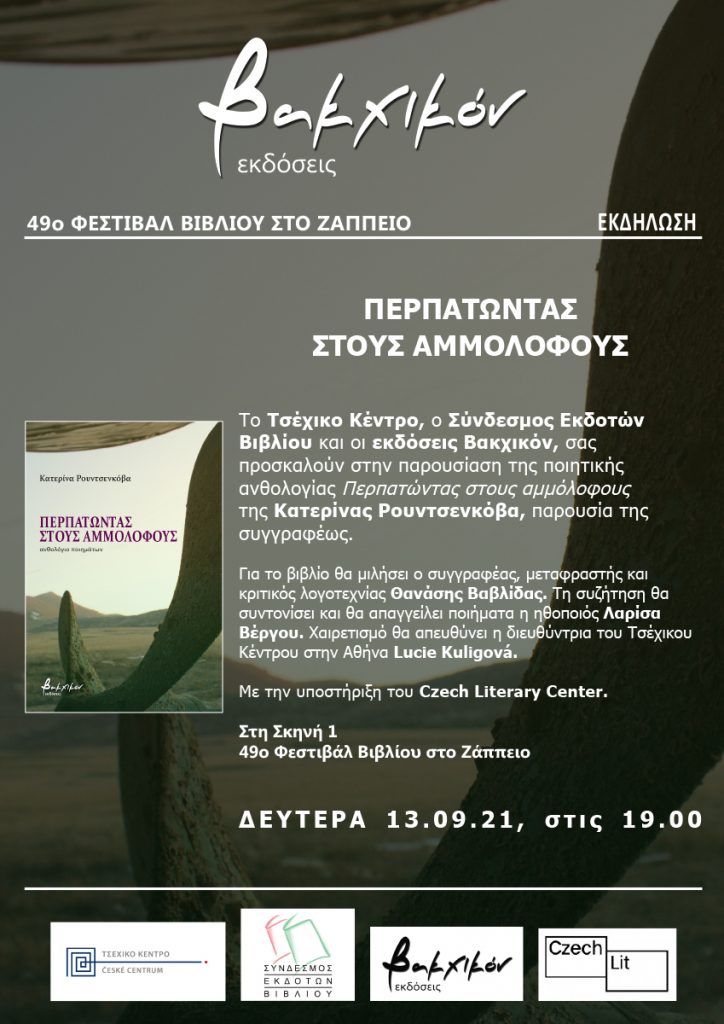

Ακολουθήστε τo Literature.gr στο Google News και μάθετε πρώτοι όλα τα νέα για τον πολιτισμό και την επικαιρότητα από την Ελλάδα και τον Κόσμο.

